BALTIMORE, MD – The Maryland Zoo in Baltimore is excited to announce the hatching of three African penguin chicks – the first to hatch during the 2020-2021 breeding season at Penguin Coast. The chicks hatched on September 18th, September 22nd and October 4th.
“It’s amazing to me that we are in our 53rd year working with African penguins. We are always excited to watch the colony grow each year, and happy to announce that three chicks have hatched already this breeding season,” said Jen Kottyan, avian collection and conservation manager. “We expect to hatch 10 chicks during this breeding season, but of course that is all dependent on the penguins.”
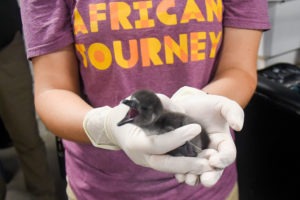
Penguin breeding recommendations are made by the Association of Zoos and Aquariums’ (AZA) African Penguin Species Survival Plan (SSP). Breeding season for the African penguins (Spheniscus demersus) at Penguin Coast began in mid-August this year and will last until the end of February. “Right now it is spring in South Africa, when these penguins would normally begin breeding in their colonies,” continued Kottyan. “Although it is fall here, we like to mimic the breeding season so we can monitor the chicks as they hatch and grow during our winter, and then they make their debut as juveniles when temperatures warm up in April.”
Penguin chicks hatch 38-42 days after the eggs are laid. The Penguin Coast team monitors development of the eggs by candling them about a week after they are laid to see if they are fertile and that the chick is growing. The eggs are then placed back with the parents.
“With African penguins, both the male and the female take turns incubating the eggs,” said Kottyan. “Once the eggs hatch, parents take turns caring for their offspring; they each protect, feed, and keep the chick warm for 2-3 days and then switch off.”
At Penguin Coast, chicks stay with their parents for about three weeks after they hatch and are fed regurgitated fish from their parents. During this time, the animal care team and veterinarians keep a close eye on the development of the chicks, weighing and measuring them every few days to make sure that the parents are properly caring for each chick. When a chick is three-weeks-old, the team removes it from the nest, and starts to teach the chick that they are the source of food. This step is critical as it will allow staff to provide long term care for the birds including daily feeding, regular health exams and both routine and emergency medical care.
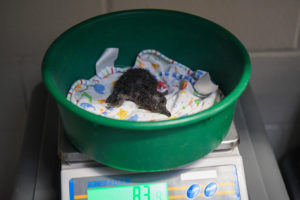
When they first hatch, chicks are about the size of a human palm. Covered in dark gray downy feathers, the chicks grow fast. They reach their full size, about six pounds, around three months of age. At the same time, their fluffy down is finished being replaced by waterproof feathers.
While the penguin chicks are not viewable to the public, juvenile and adult penguins can be seen at Penguin Coast. Penguin Feeding programs are offered twice daily, free with admission, and Penguin Encounters are offered throughout the year for an additional fee.
The Maryland Zoo has been a leader in breeding African penguins for over 50 years, winning the prestigious Edward H. Bean Award for the “African Penguin Long-term Propagation Program” from the AZA in 1996. The Zoo has also won a Plume Award from the Avian Scientific Advisory Group (ASAG) recognizing excellence in husbandry and future management of a species or group of similar species. In 2016, Penguin Coast won Top Honors in the AZA Award for Exhibit Design category. Jen Kottyan is a member of the AZA African Penguin SSP Steering Committee, a group of penguin experts from all over North America, which guides and serves as a voting body for official SSP business and decisions that require more discussion. The members of the Steering Committee are available to all accredited zoos and aquariums which house African penguins to assist them with questions or issues regarding the penguins in their colonies.
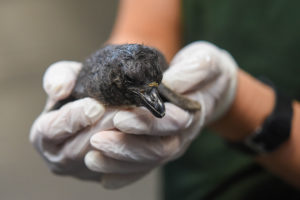
The Maryland Zoo has the largest colony of African penguins in North America with 104 birds, including the newest hatchlings. Sadly, African penguins are extremely endangered. The 2019 penguin census showed another dramatic decline in South Africa, with approximately 13,500 pairs, a loss of 2,000 pairs from 2018. The global population, which includes Namibia, is now around 18,500 pairs, down from well over 2 million pairs in the 1920s, which is a 99.2% decline over the past 100 years.
The Maryland Zoo also participates in AZA’s Saving Animals From Extinction (SAFE) program. SAFE programs use the collective expertise within AZA-accredited zoos and aquariums to substantially improve the conservation status of species in the wild. Several Maryland Zoo staff currently serve in leadership or advisory roles in the Penguin SAFE program. Mike McClure, General Curator is Project Coordinator for the SAFE Marine Movement project which monitors marine foraging and movement patterns of African penguins in and around breeding colonies in South Africa. Jess Phillips, Area Manager for Penguin Coast, is the Project Coordinator for the SAFE Disaster Relief program, which has helped governmental and non-governmental organizations in South Africa and Namibia formalize a disaster management plan for the individual penguin colonies in South Africa, as well as providing equipment and identifying training protocols needed to train first responders and volunteers in the event of a disaster such as an oil spill or severe weather which could harm the penguins.

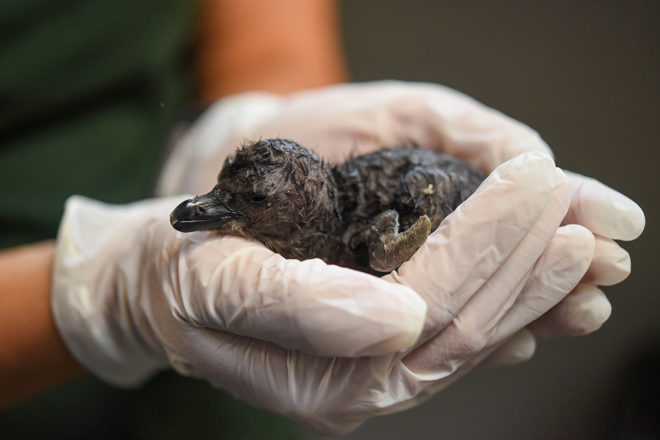
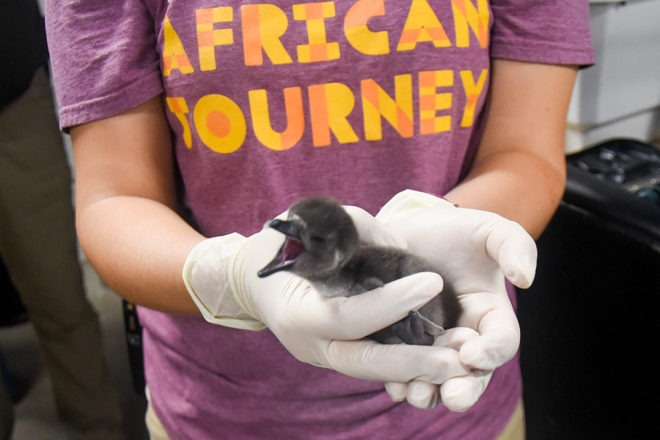
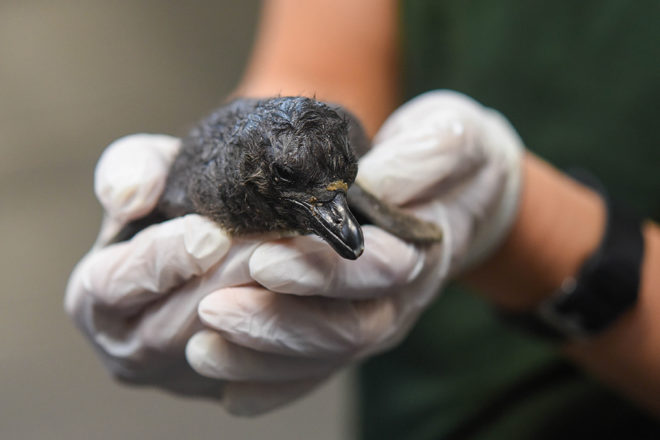
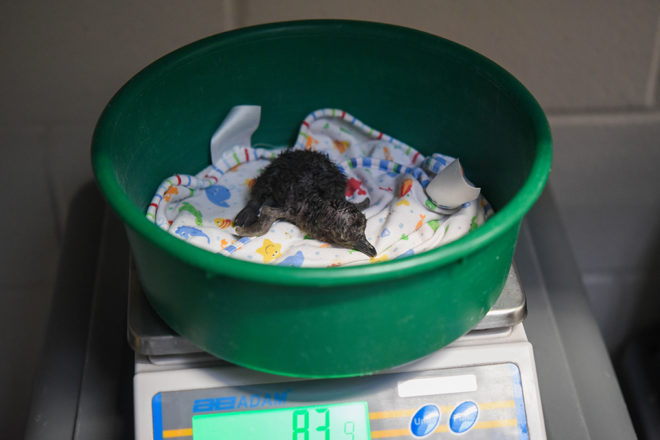
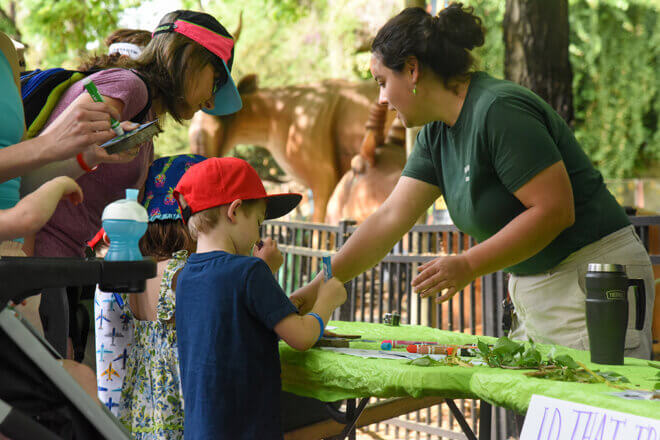
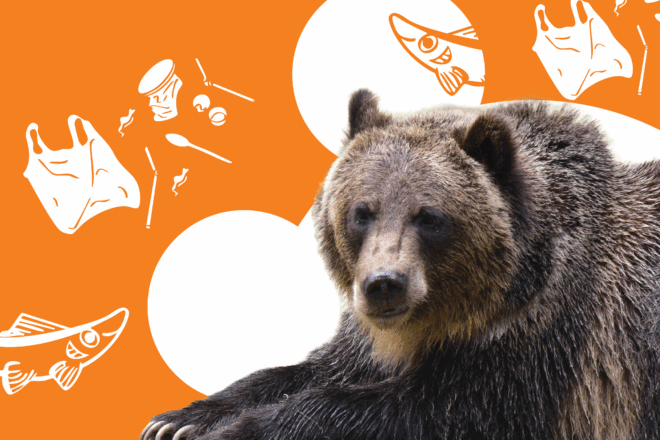
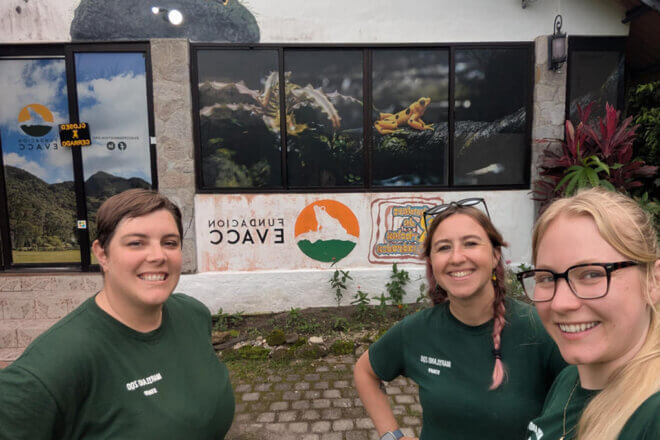
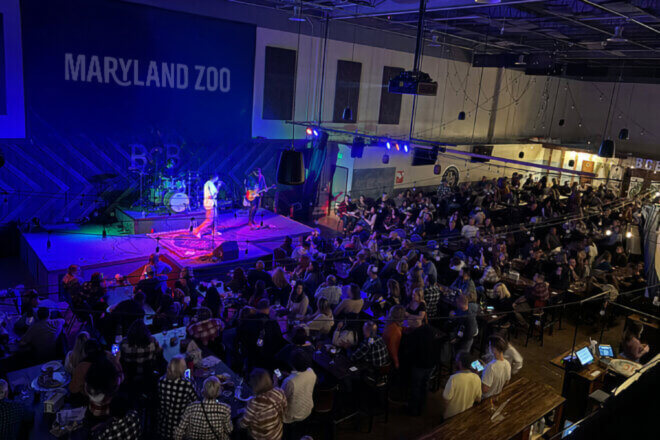
Share this article